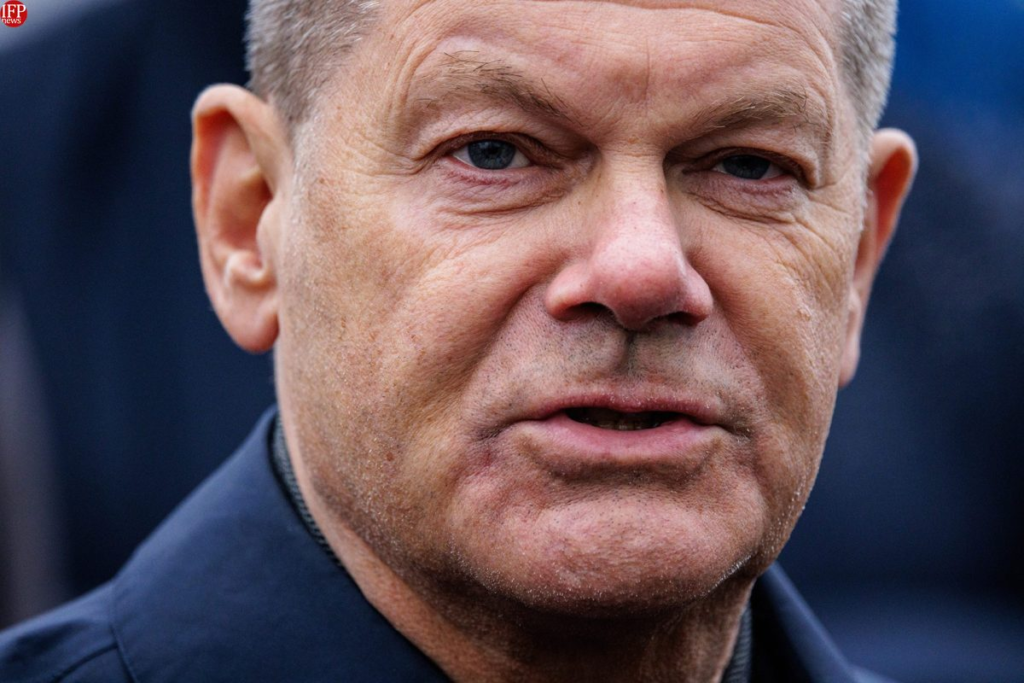Roderich Kiesewetter, the defense spokesperson for Germany’s Christian Democratic Union (CDU), has stated that Chancellor Olaf Scholz could meet with Russian President Vladimir Putin before Germany’s parliamentary elections on Feb. 23.
“There are increasing indications that Chancellor Scholz will travel to Moscow and meet Putin before February 23,” Kiesewetter said on X.
“For Ukraine, implementing the intended plans would mean, among other things, a suspension of the Paris Charter for 10 to 20 years. How the Ukrainian population or our neighbors react to all of this will be revealing.”
Kiesewetter criticized the potential meeting, warning that “Ukraine must not be the object or the victim. Russia is up to its neck in economic and social terms, but Ukraine, which is in much worse shape, should be accommodated—not Russia!”
He also cautioned that any negotiations at this time “are at the expense of Ukraine and de facto mean submission.”
In his election campaign, Scholz has positioned himself as a “chancellor of peace”, advocating for both support for Ukraine and negotiations with Russia to end the war. However, Kiesewetter took aim at what he referred to as the “so-called ‘Moscow connection’” and called for greater clarity and resolve within Germany’s leadership.
The CDU is currently leading in pre-election polls, with party leader Friedrich Merz widely seen as the frontrunner to become Germany’s next chancellor.
German Chancellor Olaf Scholz and Russian President Vladimir Putin held their first phone conversation in nearly two years on Nov. 15, according to a German government statement.
The unannounced hour-long call saw Scholz condemning Russia’s war in Ukraine, urging Putin to withdraw troops and pursue a “just and lasting peace” through negotiations. Scholz reaffirmed Germany’s “unwavering determination to support Ukraine in its defensive struggle against Russian aggression for as long as necessary”.
President Volodymyr Zelensky stated in November that Scholz’s call with Putin opens a “Pandora’s box”, potentially leading to “other conversations and other calls”.


